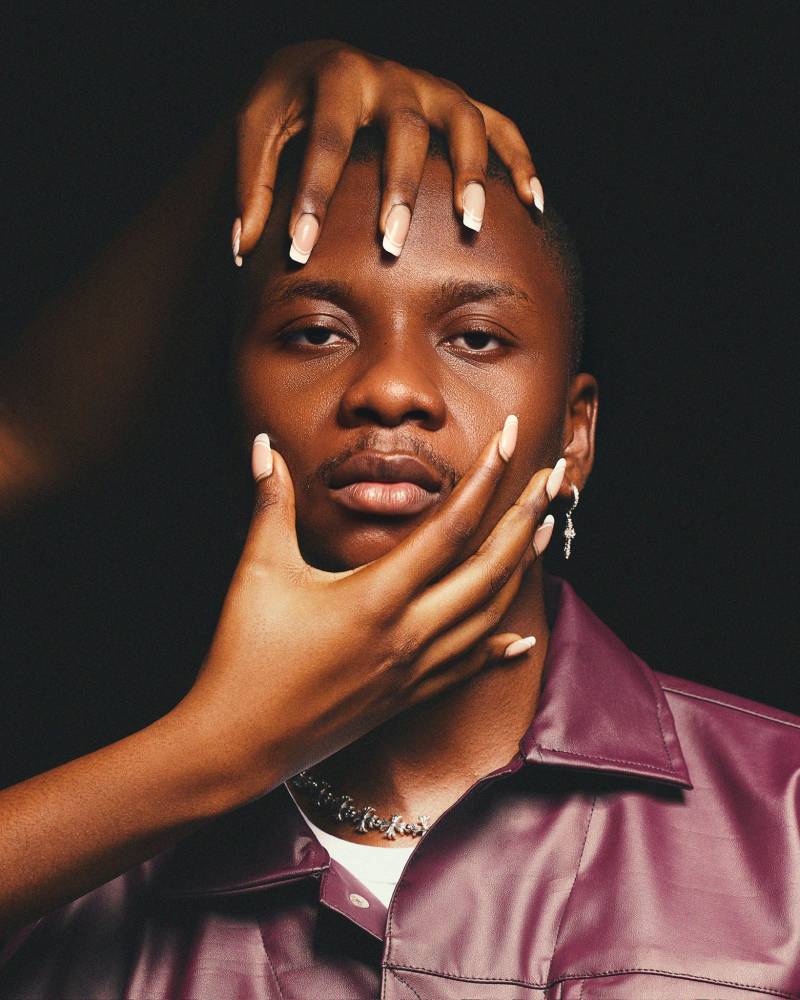"Superfuji (GOBE)" is more than just another viral song — it may well be the boldest evolution of Fuji music in a decade. With the official video now out via @official_oshamo, this latest drop comes charged with cultural fusion, modern aesthetics, and an unapologetically streetwise groove. But as I watch and listen, a question stirs in me: Is this the new sound of Fuji?
Fuji, a genre born in the gritty rhythm of Yoruba oral poetry and Islamic praise chants, has always been dynamic. But never has it seen this kind of renaissance: a digital-native, club-ready, genre-bending movement that feels both proudly local and globally aspirational. With "Superfuji," the artist doesn’t just sample from the past — he remodels it, stitching ancestral cadence with Gen Z energy.
Read Also: Zero Gravity Lagos Live Mix - MS DSF
The official video is vibrant, raw, and pulsating with street culture — a visual love letter to Lagos and its unapologetic energy. We’re talking fast cuts, vintage-style transitions, dancers flipping bata moves next to graffiti walls, and motorcyclists weaving through scenes like background percussion. The fun they had filming it is evident, but so is the intent: this is artistry with a statement.
Sonically, “Superfuji (GOBE)” is a hybrid marvel. There’s the unmistakable talking drum rhythm that keeps your shoulders rolling — a nod to tradition — but it’s merged with amapiano basslines, Afro-trap snares, and vocal layering that reminds you of modern rap hooks. The structure itself is genre-fluid: no strict verses and choruses, just a continuous build-up that mimics a street carnival or a neighborhood jam session. It’s as though the streets and the studio finally shook hands.
This brings me to a broader point: What’s happening to Fuji music?
Over the past few years, artists like Asake have been leading a quiet (and now loud) revolution. Asake’s style borrows heavily from Fuji’s spiritual cadence and delivery — you hear it in his vocal slides, backup harmonies, and how his lyrics sit on the beat like a storyteller, not a pop singer. But he dresses it up in the language of today: trap hats, piano chords, club rhythms, and autotune. “Superfuji” follows that same experimental path — raw yet polished, deeply rooted but sonically futuristic.
The difference is that Superfuji wears its Fuji identity on its sleeve. This isn’t “inspired by Fuji” — it is Fuji, just repackaged for today’s eardrums and tomorrow’s playlists. It doesn’t dilute the genre’s roots. It reclaims them for the youth who’ve been conditioned to think Fuji belongs to their parents’ generation. Culturally, that’s huge. Nigeria’s music scene has long revolved around Afrobeats, and rightly so, but as the world tilts toward diversity in sound, there’s room for a Fuji resurgence. Especially when it sounds like this — organic, energetic, and bursting with personality.
“Superfuji (GOBE)” might just be one of the defining sounds of 2025 for Nigeria’s alt-Fuji scene. It opens the door for conversations on genre fluidity, cultural reinvention, and digital era authenticity. And perhaps most importantly, it shows that our sounds don’t need to conform to go global. They just need to evolve, like Fuji is doing right now. So, back to my question: Is this the new sound of Fuji? Maybe not the only one, but it’s certainly one of the loudest, boldest, and most exciting. And if this is the direction Fuji is headed — remixed, rebranded, and roaring with relevance — then sign me up. Because Superfuji isn’t just a song. It’s a movement.



